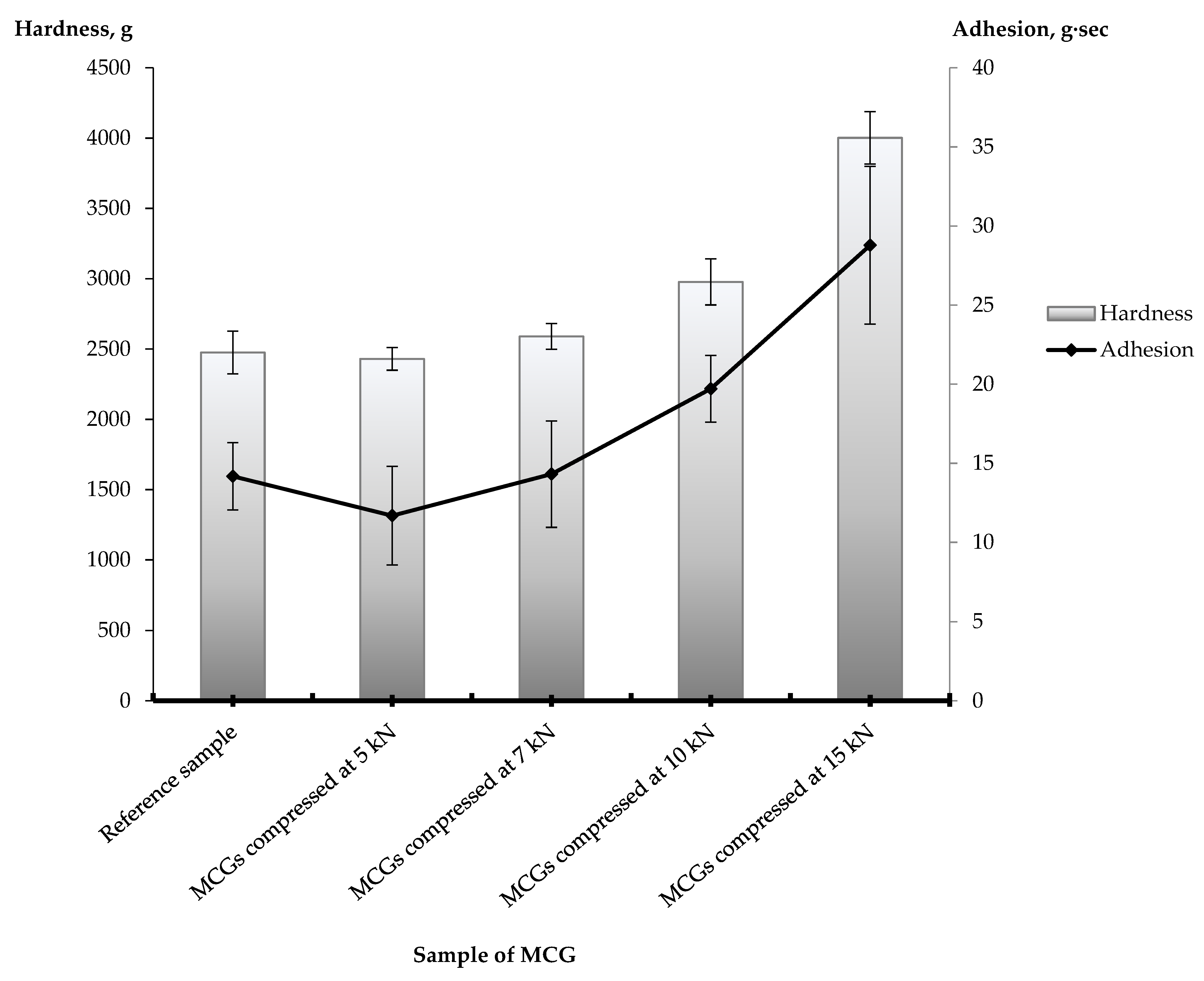
This suggests that chewing gum helps us focus on tasks that require continuous monitoring over a longer amount of time.

'The evidence from these studies provides new insights into how different foods may impact eating behaviours, such as bite size and chewing time. Kate explained: "Interestingly participants who didn't chew gum performed slightly better at the beginning of the task but were overtaken by the end. Previous studies suggest that oral processing characteristics such as large bite size, low number of chews and low orosensory exposure contribute to the low satiating efficiency of these foods,' the team behind the study said. This was especially the case towards the end of the task.

The results showed that participants who chewed gum had quicker reaction times and more accurate results than the participants who didn't chew gum. Participants also completed questionnaires on their mood both before and after the task. Participants were scored on how accurately and quickly they were able to detect a sequence of odd-even-odd numbers, such as 7-2-1. Both groups completed a 30 minute audio task that involved listening to a list of numbers from 1-9 being read out in a random manner. The study involved 38 participants being split in to two groups. In our study we focussed on an audio task that involved short-term memory recall to see if chewing gum would improve concentration especially in the latter stages of the task." Kate Morgan, author of the study explained: "It's been well established by previous research that chewing gum can benefit some areas of cognition. This study focussed on the potential benefits of chewing gum during an audio memory task. And so, a lot of plastic trash ends up in landfills or in places where it doesn’t belong, makes its way into rivers and, eventually, into the sea. Previous research has shown that chewing gum can improve concentration in visual memory tasks. Plastic can in principle be recycled by shredding and re-molding it, but if you mix different types of plastics the quality degrades rapidly, and in practice the different types are hard to separate.


 0 kommentar(er)
0 kommentar(er)
